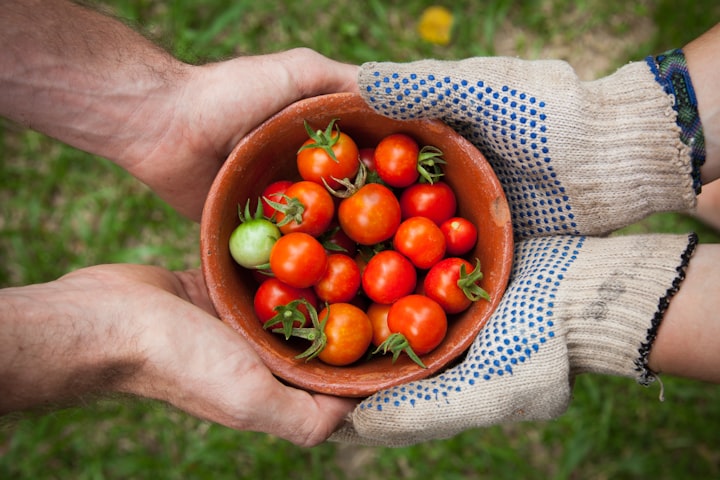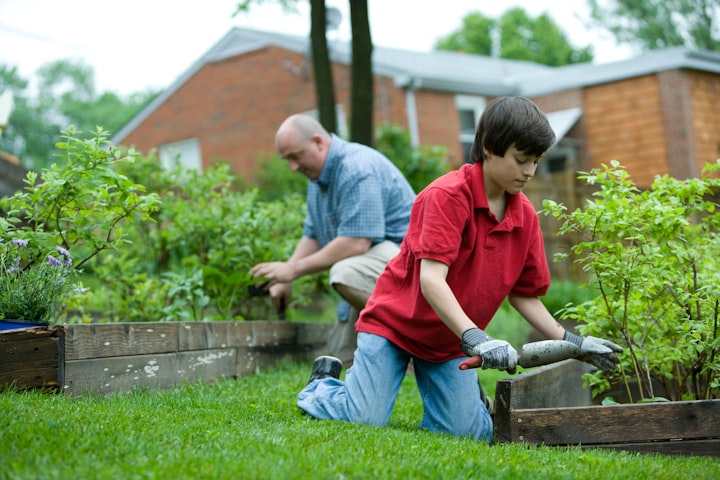
Agriculture has been an integral part of human civilization for thousands of years. It is the practice of cultivating crops and raising livestock for food, fuel, and other products. Agriculture has evolved significantly over time, from subsistence farming to industrial agriculture, and now to sustainable agriculture. The goal of sustainable agriculture is to produce food and fiber while preserving the environment and ensuring the economic viability of farming communities.
The importance of agriculture cannot be overstated. It is the foundation of our food system, providing the food we eat and the ingredients used in countless products. Agriculture is also essential to the global economy, with millions of people employed in the industry worldwide. However, agriculture is facing significant challenges today, including climate change, soil degradation, water scarcity, and loss of biodiversity.
One of the biggest challenges facing agriculture today is climate change. Rising temperatures, changing rainfall patterns, and extreme weather events are affecting crop yields and livestock production. Farmers are adapting by using new technologies and practices that help them manage these challenges. For example, precision agriculture uses sensors, drones, and data analysis to optimize crop yields and reduce inputs such as water and fertilizer.
Another major challenge facing agriculture is soil degradation. Soil is a finite resource that takes thousands of years to form, and yet it is being degraded at an alarming rate. Soil degradation is caused by erosion, nutrient depletion, and soil compaction, among other factors. To address this challenge, farmers are adopting practices such as conservation tillage, cover cropping, and crop rotation, which help to build soil health and prevent erosion.
Water scarcity is also a significant challenge facing agriculture. With growing populations and increasing water demands, water resources are becoming increasingly stressed. In many parts of the world, agriculture is the largest user of water. To address this challenge, farmers are using irrigation technologies that are more efficient and using water management practices that help to conserve water.
Loss of biodiversity is another challenge facing agriculture. Biodiversity is essential for maintaining healthy ecosystems, and agriculture has a significant impact on biodiversity. For example, monoculture farming practices can lead to a loss of biodiversity by reducing the variety of crops grown and the habitats available for wildlife. To address this challenge, farmers are adopting practices such as agroforestry, which integrates trees into farming systems to provide habitats for wildlife and improve soil health.
Sustainable agriculture is the key to addressing these challenges and ensuring that we can feed the world in the future. Sustainable agriculture is about producing food and fiber in a way that preserves the environment and supports farming communities. It involves using practices that are environmentally friendly, socially responsible, and economically viable.
One of the most promising approaches to sustainable agriculture is regenerative agriculture. Regenerative agriculture is a holistic approach that focuses on building soil health, enhancing biodiversity, and promoting ecosystem services. It involves practices such as cover cropping, crop rotation, conservation tillage, and integrating livestock into farming systems. Regenerative agriculture has been shown to improve soil health, increase yields, reduce inputs, and improve the resilience of farming systems.
In conclusion, agriculture is facing significant challenges today, including climate change, soil degradation, water scarcity, and loss of biodiversity. These challenges are putting pressure on our food system and threatening the sustainability of farming communities. Sustainable agriculture is the key to addressing these challenges and ensuring that we can feed the world in the future. It involves using practices that are environmentally friendly, socially responsible, and economically viable, such as regenerative agriculture. By supporting sustainable agriculture, we can create a food system that is resilient, healthy, and equitable.






Comments
There are no comments for this story
Be the first to respond and start the conversation.